 Technology restores cell, organ function in pigs an hour after their deaths
Technology restores cell, organ function in pigs an hour after their deaths
Yale University scientists were able to restore blood circulation and other cellular functions in pigs a full hour after their deaths from cardiac arrest by using technology that delivers a specially designed cell-protective fluid to organs and tissues, according to a paper published August 3 in the journal Nature. Read More
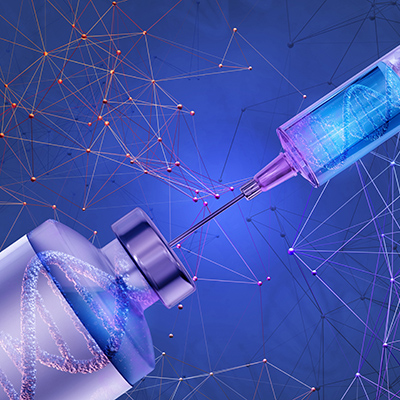 Adjuvanted liposomal vaccine protects baby mice from RSV, looks promising for human newborns
Adjuvanted liposomal vaccine protects baby mice from RSV, looks promising for human newborns
After a more than 50-year wait, a vaccine to protect infants from respiratory syncytial virus (RSV) -- the leading global cause of death in children under age five -- could finally become a reality. A single dose of an adjuvanted liposomal vaccine formulation has induced protection against RSV infection in baby mice. Read More
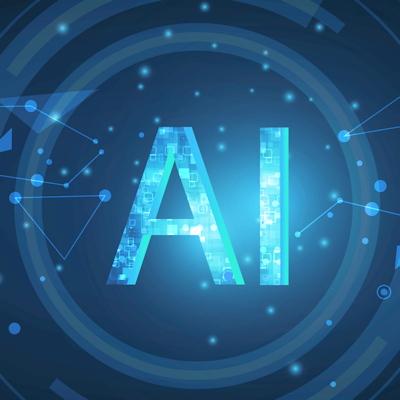 Google’s DeepMind, Chan Zuckerberg Biohub hail separate AI-scientific breakthroughs
Google’s DeepMind, Chan Zuckerberg Biohub hail separate AI-scientific breakthroughs
DeepMind and the European Molecular Biology Laboratory-European Bioinformatics Institute have used artificial intelligence (AI) to predict the 3D structures of nearly all cataloged proteins, while a team of Chan Zuckerberg Biohub scientists has developed a machine-learning method to quantitatively analyze and compare microscopy images of proteins with no prior knowledge. Read More
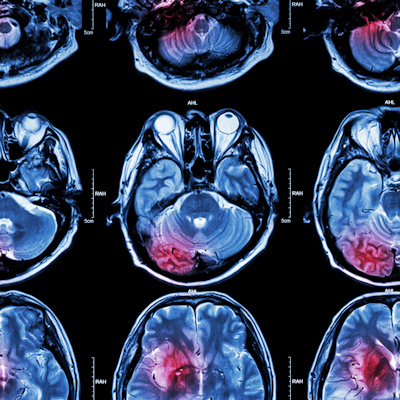 Researchers identify T cells that protect against ischemic stroke in mice
Researchers identify T cells that protect against ischemic stroke in mice
University of Pittsburgh neurologists and immunologists have identified a subset of CD8+ regulatory-like T cells (CD8+TRLs) that provide fast-acting and lasting protection against ischemic stroke in mice, offering a potentially novel immunotherapy for stroke in humans. Read More
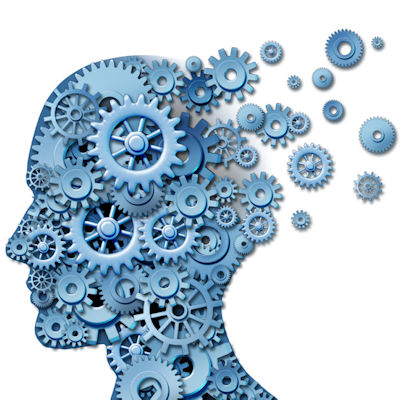 Map of brain changes in Alzheimer’s reveals potential target cell for drug therapies
Map of brain changes in Alzheimer’s reveals potential target cell for drug therapies
A National Institute of Aging-backed project has released large-scale cellular and molecular information taken from more than 1.2 million neurons and other brain cells. Read More
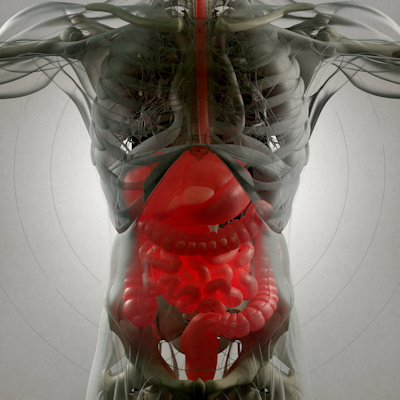 Production technique clears barrier to widespread study of intestinal organoids
Production technique clears barrier to widespread study of intestinal organoids
The aggregation of cells removes variability from the production of small intestinal organoids, clearing a major hurdle to the widespread use of the technologies as a research tool for studying the digestive system, according to a paper published July 28 in Stem Cell Reports. Read More
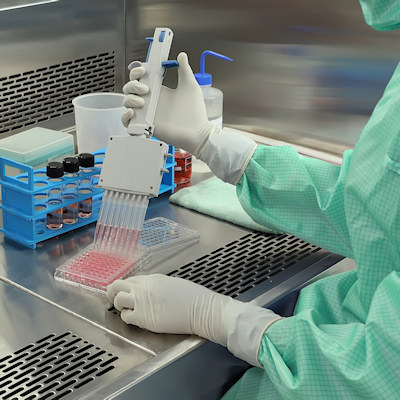 Lipid in cell membrane of gut bacterium linked to effects on immunity
Lipid in cell membrane of gut bacterium linked to effects on immunity
Researchers have found a lipid in the cell membrane of Akkermansia muciniphila that is responsible for the effect of a gut-resident bacterium on immune processes, with the potential to develop drugs that fight disease by piggybacking on the molecular mechanism. Read More
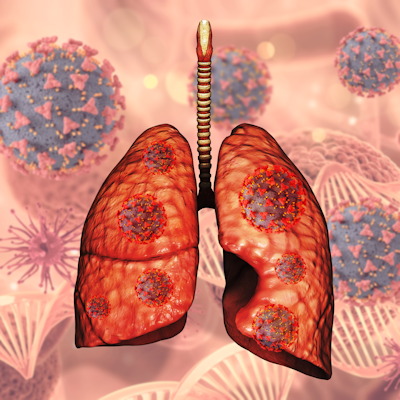 CRISPR-based study identifies lung proteins that promote, protect against SARS-CoV-2 infections
CRISPR-based study identifies lung proteins that promote, protect against SARS-CoV-2 infections
A study led by University of California, Berkeley researchers has identified specific proteins within the human body that can either promote SARS-CoV-2 infections or protect against them, a discovery they contend could lead to new antiviral therapies. Read More
 Video from AACC: Lab Ordering Cloud software
Video from AACC: Lab Ordering Cloud software
Mehdi Maghsoodnia, CEO of 1health, spoke to ScienceBoard.net's sister site LabPulse.com about the market needs for the firm’s Lab Ordering Cloud, as well as diagnostic industry trends. Read More
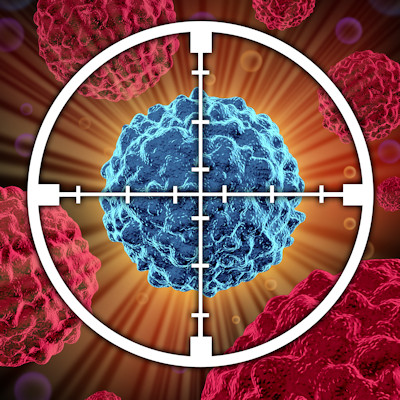 Soluble BCMA acts as decoy receptor to curb blood cancers in mice: study
Soluble BCMA acts as decoy receptor to curb blood cancers in mice: study
A soluble version of B-cell maturation antigen (BCMA), a B-cell surface receptor, may act as a decoy to stop two proteins driving the growth of blood cancers, according to a new study by researchers at Stanford University. Read More
Conferences
Science Briefs
Member Rewards
Earn points for contributing to market research. Redeem your points for merchandise, travel, or even to help your favorite charity.
Research Topics
Interact with an engaged, global community of your peers who come together to discuss their work and opportunities.
Connect
Tweets by @ScienceBoard






